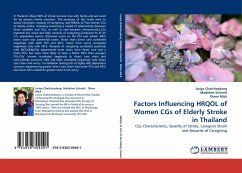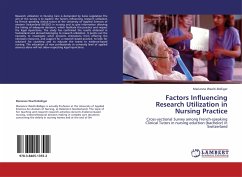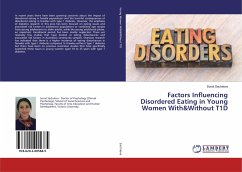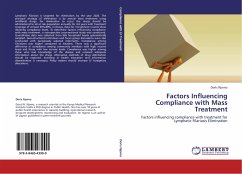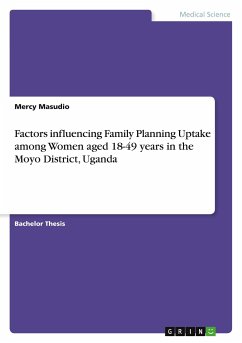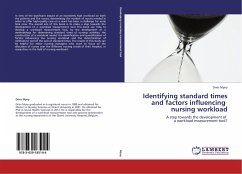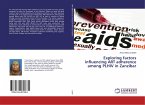In Thailand. About 80% of stroke survivors live with family and are cared for by women family members. The purposes of this study were to assess CGs'strain, rewards of caregiving, and HRQOL of Thai women CGs of elderly stroke, including examining a model of relationships between those variables and CGs, as well as care-reeceiver characteristics.CGs reported low strain but high rewards of caregiving.Compared to SF-36 U.S. population norms, CGs'mean score on the PCS was similar. MCS mean score was somewhat lower. Strain from direct care correlated negatively with both PCS and MCS. Strain from worry correlated negatively only with MCS. Rewards of caregiving correlated positively with MCS.OlderCGs experienced more strain from direct care and a lower PCS, but were more likely to have a better MCS than younger CGs.CGs income correlated negatively to direct care strain and worry.Stroke survivors ADL and IADL correlated negatively with direct care strain and worry. In mediation testing,CGs of highly ADL dependent survivors experiencing greater direct care strain had lower PCS and MCS and lower MCS related to greater strain from worry.
Bitte wählen Sie Ihr Anliegen aus.
Rechnungen
Retourenschein anfordern
Bestellstatus
Storno

